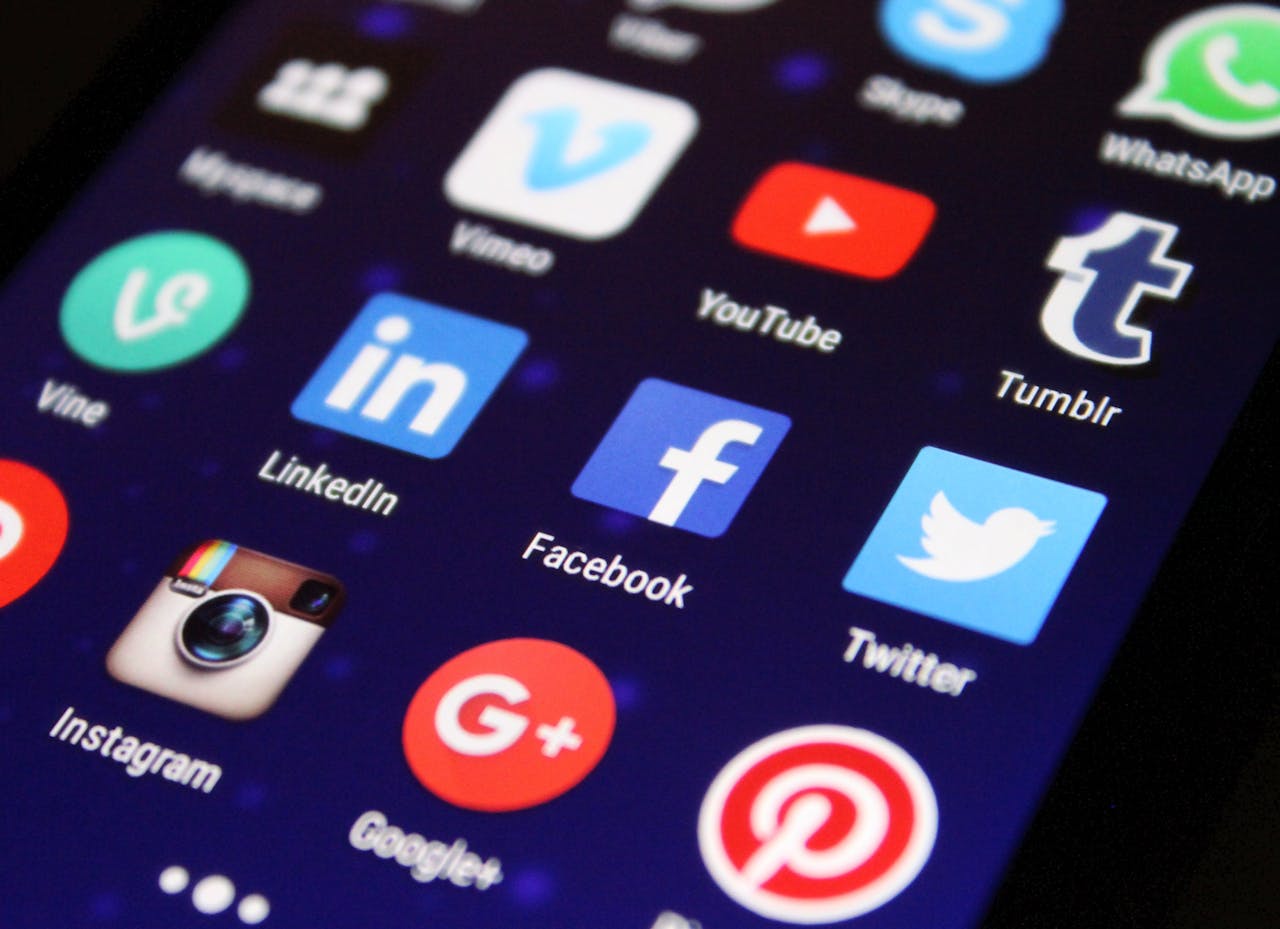100 Things We’ve Gained From the Internet
While Pamela Paul presents a compelling argument regarding the losses attributed to the internet in her book 100 Things W’ve Lost to the Internet, I wanted to recognize the myriad gains that have emerged in our digitally connected world. Rather than solely focusing on what we’ve lost, I’ll explore how the internet has enriched our lives in significant ways.
The Value of Deep Focus
Contrary to Paul’s assertion that the internet fragments our attention, it has also enabled us to engage in focused learning through diverse tools and resources. Online courses and platforms like Coursera or Khan Academy allow individuals to delve deeply into subjects of interest, providing structured pathways to mastery. Moreover, productivity apps and techniques, such as the Pomodoro Technique, have emerged from the internet and digital age, helping people foster focus in ways that align with their learning preferences.
Boredom is Important
Paul suggests that the internet eliminates boredom, but really the internet offers endless avenues for exploration and creativity. In fact, the resources available online encourage individuals to channel their boredom into productive activities. When we find ourselves aimlessly scrolling, we can pivot to engaging podcasts, TED Talks, or tutorials that can spark new interests, ultimately turning boredom into opportunities for learning and growth.
Global Connections
Though Paul highlights the decline of face-to-face interactions, the internet has enriched global connectivity like never before. Social media platforms, forums, and online communities allow individuals to connect with others across the globe, sharing diverse perspectives and cultures. These relationships can lead to meaningful connections, collaborations, and friendships that go beyond geographical boundaries, broadening our understanding of the world and enriching our personal lives.
Privacy Awareness
While privacy concerns are valid, the internet has also raised awareness about digital rights and privacy issues. This heightened awareness has prompted discussions on data protection and security, encouraging users to take proactive steps in managing their online presence. Tools such as VPNs and privacy-focused browsers empower individuals to reclaim control over their personal data, promoting a culture of mindfulness about our digital footprints.
Reading is Back
Rather than causing a decline in reading for pleasure, the internet has transformed how we access and engage with literature. E-books and online platforms like Goodreads create new avenues for readers to discover and share books. Audiobooks have surged in popularity, allowing stories to reach wider audiences. Additionally, the internet has facilitated book clubs and discussions, reinvigorating a communal reading experience that was once limited to physical gatherings.
Democratization of Knowledge
The internet has revolutionized the acquisition of knowledge by democratizing access to information. With a few clicks, individuals can access vast amounts of information on virtually any topic. Online forums and educational resources encourage collaborative learning, enabling users to engage with complex ideas and current events. This instant access can spark curiosity and advance critical thinking, as users explore and debate diverse viewpoints.
Digital Wellness
While Paul advocates for digital detoxes, the internet has also given rise to a movement focused on digital wellness. Numerous apps and tools promote mindful usage of technology, helping users strike a balance between online engagement and real-life experiences. Initiatives aimed at improving digital literacy and promoting healthy screen time encourage individuals to use the internet intentionally, enhancing their overall well-being.
Rather than lamenting what we’ve lost, I think we should celebrate what we’ve gained and continue to utilize the power of technology to enhance our lives.
